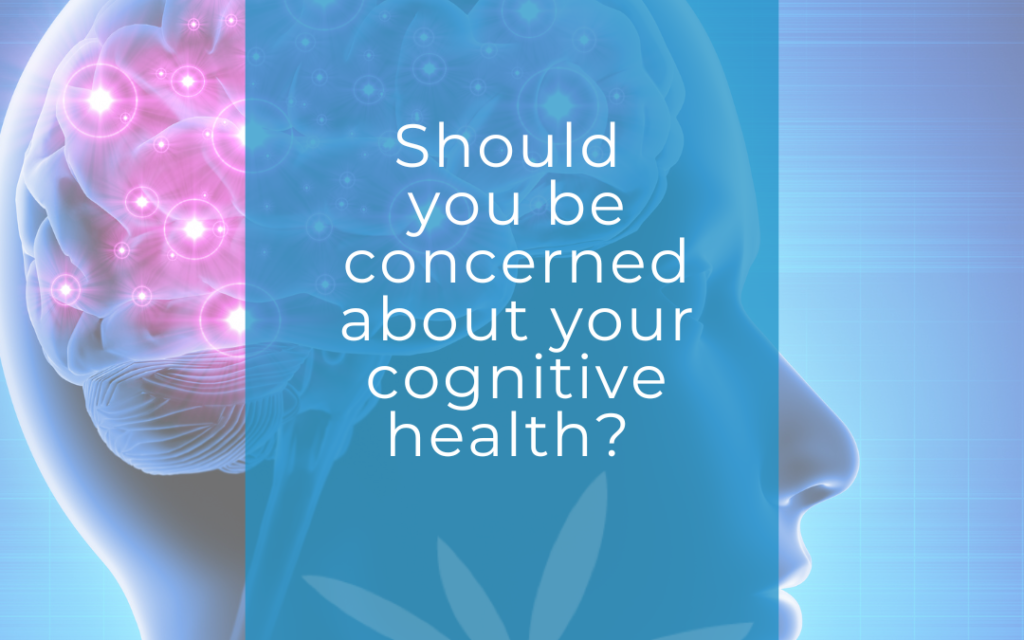How to Boost Your Memory: Proven Strategies for Cognitive Excellence
Memory plays a fundamental role in our daily lives, enabling us to store and retrieve information, solve problems, and navigate the complexities of modern living. Enhancing memory isn’t just about remembering where you left your keys—it’s about improving brain health, boosting focus, and maintaining cognitive vitality. In this comprehensive guide, we’ll explore science-backed strategies to increase memory, offering actionable tips that can transform your mental sharpness.

Understanding Memory: Types and Mechanisms
Memory is a complex cognitive function, and understanding its types can help us adopt targeted strategies to enhance it.
- Short-term Memory: This allows us to retain information for a brief period, such as remembering a phone number long enough to dial it.
- Long-term Memory: This stores information for extended durations, including facts, experiences, and skills.
- Working Memory: A part of short-term memory, it helps us process and manipulate information actively, such as solving math problems.
Strengthening these types of memory involves a combination of lifestyle changes, cognitive exercises, and nutritional adjustments.
1. Nutrition: Feeding Your Brain
The foods you eat have a direct impact on brain health and memory.

Best Foods for Memory Enhancement:
- Fatty Fish: Rich in omega-3 fatty acids, which are vital for brain cell development and function.
- Blueberries: Packed with antioxidants that combat oxidative stress and improve memory.
- Leafy Greens: High in vitamin K, lutein, and beta carotene, all linked to better memory retention.
- Walnuts: Provide healthy fats, antioxidants, and vitamin E, which support brain health.
- Turmeric: Contains curcumin, which can boost memory and stimulate new brain cell growth.
Hydration Matters:
Dehydration can impair memory. Drink at least 8 glasses of water daily and include hydrating foods like cucumbers and watermelon.
2. Exercise: Moving for Memory
Physical activity is crucial for brain health, as it increases blood flow and oxygen to the brain, promoting neurogenesis.

Exercise Tips for Memory:
- Aerobic Activities: Engage in running, swimming, or cycling for at least 30 minutes, five times a week.
- Strength Training: Incorporate weightlifting exercises twice a week to support cognitive function.
- Mind-Body Workouts: Yoga and tai chi improve memory by reducing stress and enhancing focus.
Pro Tip: Combine physical activity with mental challenges, such as dancing or playing sports, to maximize memory benefits.
3. Mental Workouts: Training Your Brain
Just like your body, your brain needs exercise to stay sharp.

Memory-Boosting Exercises:
- Puzzles and Brain Games: Engage in crosswords, Sudoku, or chess to stimulate memory circuits.
- Learning a New Skill: Try learning a language, musical instrument, or craft.
- Memory Techniques: Practice mnemonics, visualization, and chunking to improve recall.
- Reading and Writing: Regularly consuming and creating content enhances working memory.
4. Sleep: Essential for Memory Consolidation
Sleep is when your brain consolidates memories and processes new information.

Tips for Better Sleep:
- Stick to a Schedule: Go to bed and wake up at the same time daily.
- Create a Sleep-Inducing Environment: Keep your bedroom dark, quiet, and cool.
- Limit Stimulants: Avoid caffeine and screen time in the evening.
Adults should aim for 7-9 hours of quality sleep per night for optimal memory performance.
5. Stress Management: Protecting Your Brain
Chronic stress can shrink the hippocampus, the brain’s memory center. Managing stress is crucial for cognitive health.

Effective Stress-Reduction Techniques:
- Meditation and Mindfulness: Daily practices can lower cortisol levels and enhance focus.
- Deep Breathing: Engage in diaphragmatic breathing exercises to calm your mind.
- Time Management: Avoid multitasking and prioritize tasks to reduce mental overload.
6. Social Connections: Strengthening Cognitive Resilience
Strong social networks can improve mental function and delay memory decline.

How to Stay Connected:
- Engage in meaningful conversations.
- Join clubs, groups, or communities that share your interests.
- Spend quality time with family and friends.
7. Technology and Memory Aids
Leverage modern tools to support your memory.

Best Apps for Memory Improvement:
- Lumosity: Offers brain games designed to improve memory and focus.
- Elevate: Personalizes training programs for cognitive skills.
- Anki: A digital flashcard system that utilizes spaced repetition for learning.
Digital Organization Tips:
- Use calendar apps to set reminders for important events.
- Organize files and notes systematically to reduce cognitive load.
8. Lifestyle Habits for Lifelong Memory Health
Avoid Cognitive Detractors:

- Minimize alcohol consumption, which can impair brain function.
- Quit smoking, as it reduces oxygen flow to the brain.
Adopt Memory-Friendly Habits:
- Maintain a tidy environment to reduce mental clutter.
- Practice gratitude, which fosters positivity and focus.
- Challenge your brain with novelty, such as exploring new places or cuisines.
9. Supplements and Herbs: Boosters for Brain Power
While a balanced diet is the best source of nutrients, some supplements can enhance memory.

Popular Memory-Enhancing Supplements:
- Ginkgo Biloba: Improves blood flow to the brain.
- Bacopa Monnieri: Supports memory and cognitive processing.
- Omega-3 Fish Oil: Enhances brain cell communication.
- Vitamin D: Essential for overall brain health.
Caution: Always consult a healthcare provider before starting new supplements.
10. Long-Term Strategies for Cognitive Longevity
Memory enhancement isn’t just about short-term gains—it’s about sustaining cognitive health for life.

Adopt a Growth Mindset:
Believe in your ability to improve memory through consistent effort.
Engage in Lifelong Learning:
Stay curious and continuously seek new knowledge and experiences.
Plan for Brain Health:
Invest in regular check-ups and address health conditions that may affect cognition, such as hypertension or diabetes.
Conclusion
Improving memory requires a holistic approach that combines nutrition, exercise, mental stimulation, and lifestyle adjustments. By adopting these evidence-based strategies, you can unlock your brain’s full potential and enjoy a sharper, more focused mind. Remember, small, consistent changes make a big difference over time. Start today and reap the benefits of a stronger memory and a healthier brain!
